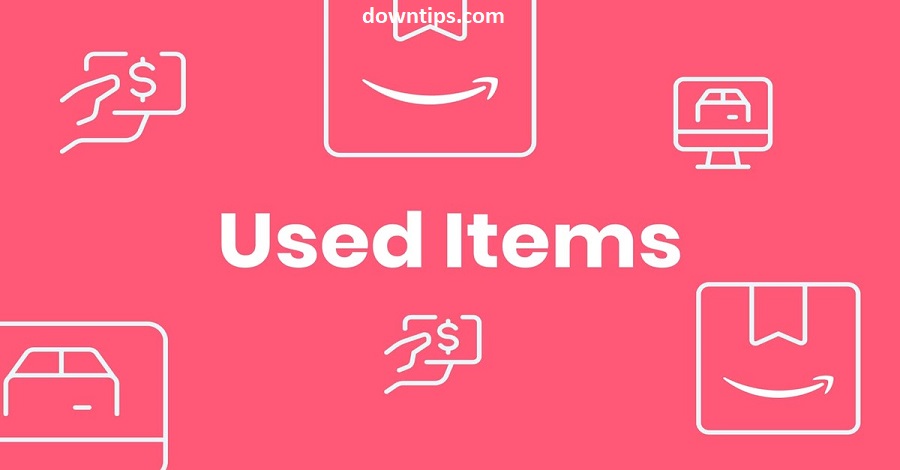What is Build Websites?
Building websites involves the creation and assembly of digital content to establish a functional and visually appealing online presence. This process encompasses a range of tasks, from defining the website’s purpose and selecting an appropriate domain name to choosing a reliable hosting provider.
Designing the website involves customizing themes or templates, selecting color schemes, and arranging content to enhance user experience. Content creation is crucial, incorporating text, images, and multimedia elements that convey the intended message or information. The navigation structure is established to guide visitors seamlessly through the site.
Additionally, incorporating functionality through plugins or extensions enhances the website’s capabilities, and optimization for search engines helps improve visibility. Testing ensures compatibility across various devices and browsers before launching the website for public access. Regular maintenance involves updating content and software components to ensure ongoing security and performance. In essence, building websites is a comprehensive process that combines creativity, technical skills, and strategic planning to bring digital ideas to life on the internet.
How to Build Websites?
There are so many ways to build a website here is a single way to build one.
Building a website involves several key steps. Here’s a step-by-step guide to help you through the process:
- Define Your Purpose:
- Clearly identify the purpose of your website. Whether it’s for personal blogging, business, portfolio showcasing, or e-commerce, understanding your goals will guide the rest of the process.
- Choose a Domain Name:
- Select a unique and memorable domain name that represents your website. Use a domain registrar to check for availability and register your chosen domain.
- Select a Web Hosting Provider:
- Choose a reliable web hosting provider that suits your needs. Consider factors like performance, customer support, and pricing. Some popular hosting providers include Bluehost, SiteGround, and HostGator.
- Set Up Your Hosting Account:
- Follow the instructions provided by your chosen hosting provider to set up your hosting account. This typically involves creating an account, choosing a hosting plan, and registering your domain.
- Install a Content Management System (CMS):
- Choose a CMS such as WordPress, Joomla, or Drupal. Many hosting providers offer easy installation options for these systems. WordPress is widely used for its user-friendly interface and extensive theme and plugin support.
- Select a Theme or Template:
- Choose a theme or template for your website’s design. Themes control the overall look and feel of your site. Customize the theme to match your brand or personal style.
- Customize Your Website:
- Personalize your website by customizing the chosen theme. This may involve adjusting colors, fonts, and layout settings. Some CMS platforms also allow for more advanced customization through coding.
- Create Pages and Content:
- Start creating pages for your website, such as Home, About Us, Contact, etc. Add relevant content, including text, images, and multimedia elements. Organize your content logically and ensure a clear navigation structure.
- Install Essential Plugins:
- Enhance your website’s functionality by installing plugins or extensions. Common plugins include those for SEO (e.g., Yoast SEO), security (e.g., Wordfence), and contact forms (e.g., Contact Form 7).
- Optimize for Search Engines (SEO):
- Implement basic SEO practices to improve your website’s visibility on search engines. This includes using relevant keywords, creating descriptive meta tags, and optimizing images.
- Test Your Website:
- Test your website on different devices and browsers to ensure compatibility. Check for broken links, missing images, and overall functionality.
- Launch Your Website:
- Once you’re satisfied with the design, content, and functionality, it’s time to launch your website. Make it public for visitors to access.
- Regular Maintenance:
- Schedule regular updates for your website, including content updates, security checks, and software updates for your CMS, themes, and plugins.
Remember, building a website is an iterative process, and ongoing maintenance is crucial for keeping your site secure and up-to-date. If you encounter challenges, plenty of online resources and communities will help you along the way.
Make Money by Build Website?

There are several ways to make money from building a website. Here are some popular methods:
- Monetize with Ads:
- Incorporate advertising on your website through ad networks like Google AdSense. You earn money when visitors click on or view the ads. Ensure that the ads are relevant to your content and not overwhelming to your audience.
- Affiliate Marketing:
- Promote products or services through affiliate marketing. You earn a commission for every sale or lead generated through your affiliate links. Join affiliate programs related to your niche and integrate these links naturally into your content.
- Sell Products or Services:
- If you have products or services to offer, create an online store on your website. Use e-commerce platforms like WooCommerce (for WordPress) or Shopify to manage transactions.
- Create and Sell Digital Products:
- Develop and sell digital products such as ebooks, online courses, templates, or software. This allows you to generate passive income once the initial work is done.
- Membership or Subscription Model:
- Offer premium content or exclusive services through a membership or subscription model. Visitors pay a recurring fee to access specialized content, community forums, or additional features.
- Freelance Services:
- Showcase your skills and offer freelance services through your website. This can include web design, writing, graphic design, or any other skill you possess.
- Sponsored Content:
- Partner with brands for sponsored content. Companies may pay you to write articles, create videos, or promote their products/services on your website.
- Consulting or Coaching:
- If you have expertise in a particular field, offer consulting or coaching services through your website. Provide information about your services and how potential clients can get in touch.
- Donations and Crowdfunding:
- Include a donation button on your website, or set up a crowdfunding campaign. If your content provides value to your audience, some visitors may be willing to support your work financially.
- License Your Content:
- If you create unique and valuable content, consider licensing it. Other websites or media outlets may pay to use your articles, photos, or videos.
- Event Sponsorships:
- If your website is related to a specific niche or community, organize events and seek sponsorships. Companies interested in reaching your audience may sponsor your events.
- Job Board or Freelance Marketplace:
- Create a job board or freelance marketplace on your website. Charge employers or freelancers a fee for listing their jobs or services.


